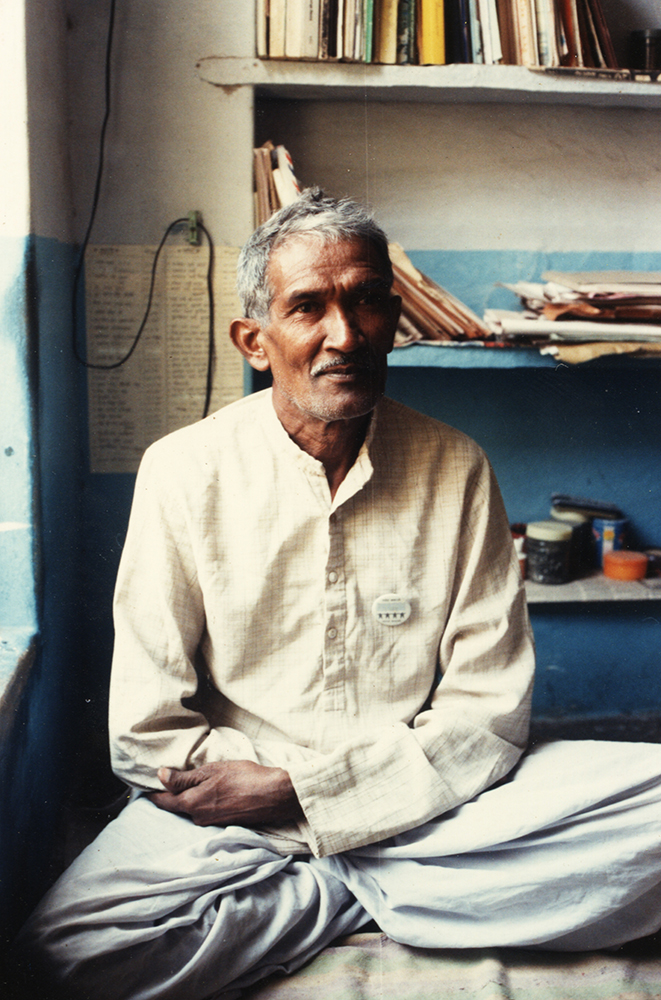Submergence Village Chotabadada, Madhya Pradesh
This is an important interview of a senior leader of the Narmada Bachao Andolan (NBA), Late Gangarambaba. Gangarambaba was an active member of the Nimad Bachao Andolan and was even jailed during the struggle in the late seventies.
This interview helps us understand (in the context of the Nimad Bachao Andolan) how if leaders of a movement compromise, the setback that people receive. Subsequently, he talks of the rise of the NBA and the early struggle of the movement in the village Manibeli, the first village in Maharashtra to submerge in the Sardar Sarovar Dam. Manibeli being the first village closest to the dam was once the nerve center of the NBA. So important and powerful was the struggle of Manibeli that it drew worldwide attention and when large number of organizations world over called for a moratorium on the World Bank funding of mega dams, it was called Manibeli declaration.
It is important to listen to the early struggle of NBA at Manibeli, once the bastion of the movement; the strategies adopted by the people; repression at the hands of the state, the struggle to save the village, the lands, the forest; the impact of submergence and know about the historical Shoolpaneshwar temple, which believing Hindus considered Swayambhu. This interview helps understand one of the key strategies of the movement- Jansamarpan (sacrifice by drowning). It was in 1993 that the NBA had announced Jalsamarpan, demanding that the Government of India should appoint a committee by 6th of August to review the SSP, failing which, a small group of activists in the samarpit dal– the dedicated squad would sacrifice their lives by drowning. Gangarambaba narrates here what happened on the day, 6th August 1993.
This, along with many other important aspects of the movement can be understood from Gangarambaba’s interview.
This interview is special also because it was taken in 2001 on a tape recorder, a Walkman to be precise. Back then, good quality cassettes were not available in Badwani where I lived nor were good quality batteries. Power failures were rampant in Madhya Pradesh at that time, particularly in villages and poor-quality battery made the recording difficult. The tape recorder and cassette players were on way out and were replaced by mini-disk recorder soon after. Besides, these were some of my early interviews where my skill and knowledge of oral history recording were not UpToDate. There were no schools or courses that taught Oral History methodology in India at that time. Internet was poor and online material on oral history was practically inaccessible to me. However the narratives of senior members of NBA so recorded are powerful and need to be listened to and I am glad that I could record their voices on a tape recorder, although it was on its way out.

Interview Duration:
1:14:00
Language:
Hindi, Subtitles in English
Subtitles can be switched on and off by clicking ‘CC’ button at the bottom right of the video